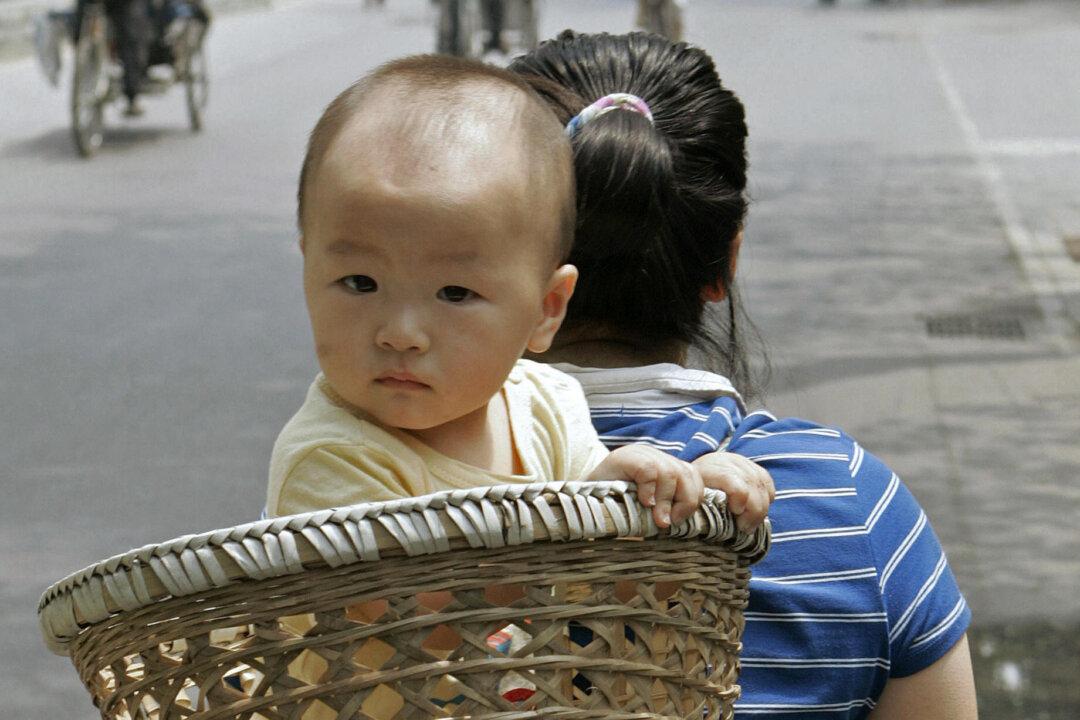It’s a story as old as central planning itself: political leaders hand down quotas for underlings to meet, and those on the front lines inevitably end up faking data, committing fraud, and coming up with inventive ways of appearing to meet the demands.
Most recently in the Chinese county of Lanling, Shandong Province, this came in the form of abortion quotas: Officials involved in population control were told they needed to carry out a certain number of forced abortions—deeply tied up with China’s one-child policy—or else be fined. (Meeting the quota led to a reward of 1,500 yuan (nearly $250) and failure to meet it incurred a fine of 2,000 yuan.)
But what if there aren’t even enough women in the village with “illegal” pregnancies, required to carry out a coercive abortion?
This is where inventiveness comes in. The officials from Lanling County, and the villages in the county, figured out that they could simply outsource the work to brokers.





